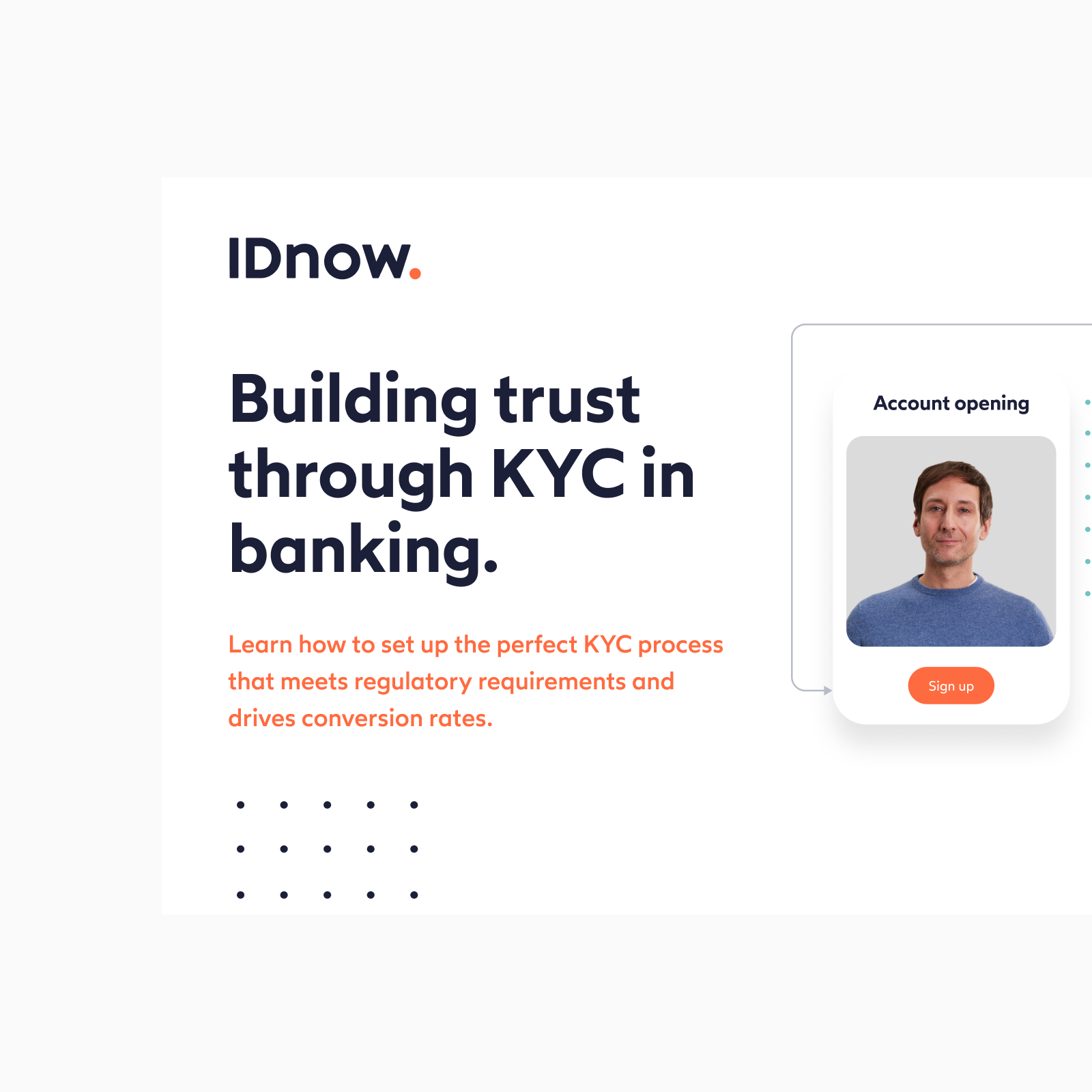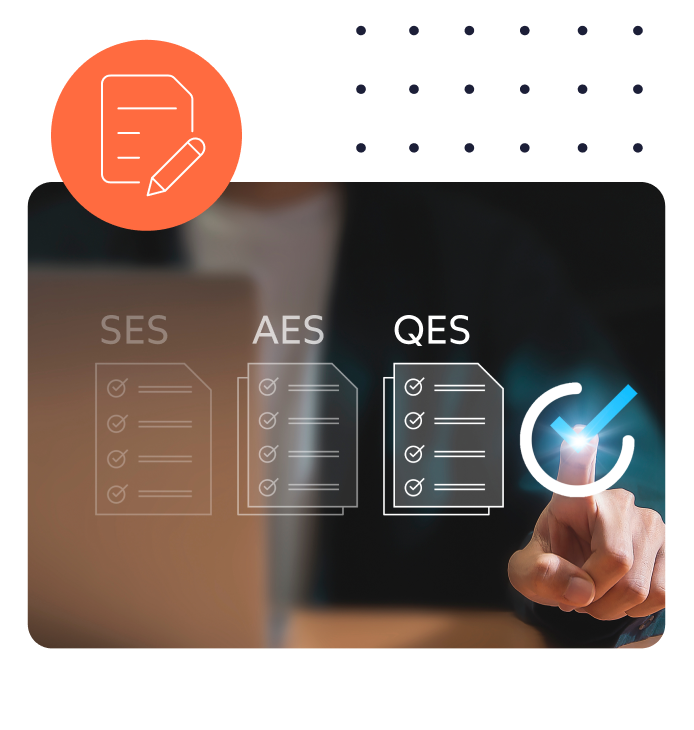Although they may not be as glitzy or glamorous as their Las Vegas counterparts, online casinos can be just as dangerous and rife with fraud and deception.
The global online gambling market is estimated to be worth over $60 billion and shows no signs of slowing. In fact, for the next five years, it is projected to grow by 11.34% every single year, reaching over £103 billion by 2028.
One of the main reasons for online gambling’s steady expansion is the proliferation of smartphones, which has enabled casual and active players alike to gamble from the comfort of their home. Each of the four main types of gambling – poker, casino, lotteries and sports betting – have now firmly made the transition from brick and mortar to the digital world.
Online casino operators have certainly embraced innovative uses of technology to offer increasingly dynamic and action-filled player experiences. Little wonder, then, that the segment predicts an annual growth rate of 7.42%. In the UK alone, there are at least 175 online casinos, with that figure growing every year.
Unfortunately, much like with other forms of online gambling, as online casinos handle substantial financial transactions, they tend to attract money launderers and financial criminals who attempt to compromise user accounts to harvest personal data.
Check out our blog to discover the benefits of KYC in the banking sector.
Risk vs reward.
According to TransUnion’s 2022 Report, digital fraud in the global gaming market rose nearly 33% in one year, with identity theft, credit card fraud, and account takeover fraud being the main consumer concerns. In another Ravelin report (2022) 71% of online gambling operators reported an increase in promotion abuse, and 67% of merchants reported a rise in payment details taken from customer accounts. Discover more about the steps that online casinos are taking to safeguard themselves against CNP fraud here.
Like many industries, COVID proved to be a main driver for the gambling industry’s rapid digital transformation. For example, online casino usage increased by 22.5% in 2021, and that trajectory has only continued upward.
So, as online casinos are one of the biggest and fastest growing segments of the online gaming industry, let’s take a moment to understand why and how KYC processes can enable gaming operators to safeguard their online casinos against fraudulent activities.
Building trust through KYC in banking.
What is KYC?
 The importance of KYC in the banking sector
The importance of KYC in the banking sectorRegulatory impact on KYC processes

What is KYC in online casinos, and why do gambling operators need it?
Know Your Customer (KYC) is a process used by online casinos and other online gambling platforms to:
- Verify the age and identities of customers
- Ascertain whether identity documents are legit
- Detect risk factors, such as problem gambling (gambling addiction, affordability issues).
KYC is an essential part of Anti-Money Laundering (AML) and Counter-Terrorism Financing (CTF) regulations in many countries. Adhering to these regulations protects operators from reputational or monetary risks, and safeguards customers and national economies.
Besides preventing fraud and guaranteeing compliance with age restrictions, KYC helps operators ensure responsible gambling measures and filter out problem gamblers. By monitoring customers’ gambling activity and evaluating their spending patterns, operators can identify those at risk of developing gambling problems, such as gambling addiction.
Balancing security and user experience.
Due to the surge in demand for online casinos, many operators are implementing increased identity and KYC checks to enhance security while maintaining player satisfaction. In this dynamic and competitive environment, a sluggish or outdated onboarding process can lead users to abandon registration, decide not to play, or worse, head over to a rival online casino. Neglecting the KYC process, however, may expose online casinos to security threats and significant regulatory penalties.
KYC processes in online casinos should be executed in a manner that helps gambling operators verify players’ identities without compromising on compliance, convenience, or security.
Are online casinos without KYC worth the gamble?
Despite the obvious benefits to KYC processes, many players seek the allure of a “no KYC online casino,” driven by a desire for a frictionless gaming experience. They are drawn to the prospect of playing without KYC interruptions because they believe it will expedite their access to games and withdrawals. This demand has also given rise to the popularity of search engine queries such as “online casino without ID” and “UK casino no verification”.
Players argue that stringent KYC processes can be time-consuming and invasive. They also express concerns about privacy, fearing that the extensive collection of personal information could potentially lead to data breaches or misuse of their details. This unease may prompt players to actively seek out operators that offer an “online casino without KYC” to protect their privacy.
However, it’s crucial for online casino operators to strike a balance between meeting regulatory requirements and addressing player objections. While players seek a streamlined, less intrusive experience, operators must ensure their platforms remain compliant with legal and security standards.
Balancing this challenge requires careful navigation, yet discovering inventive methods to simplify KYC procedures while upholding the gaming environment’s integrity can ultimately result in a more gratifying experience for both players and operators.
After all, players are more likely to trust casinos with transparent verification processes. This is likely to result in increased customer loyalty, improved revenue, and long-term success for the operator.
The pursuit of ‘no KYC onboarding’ is also prevalent in the crypto industry. Read more about the dangers of forgoing KYC checks in our ‘Buying crypto without a KYC check? Here’s why it’s risky for users and platform operators.’ blog.
Explaining the KYC process in online casinos.
At its core, the KYC process in online casinos involves a series of identity checks that players must complete before they can engage in money wagering on online casino platforms.
To comply with KYC requirements for online casinos, players are typically asked to provide a range of personal information (location, age), including government-issued identification documents like driver’s licenses, ID cards or passports, and proof of address such as utility bills, bank statements and paychecks. This way, apart from checking the legitimacy of the funds, i.e., the source, the casino can verify whether the user can afford to play.
Read more about the steps the UK is taking to combat problem gambling by reimagining affordability checks and launching new financial risk check requirements.
In some cases, a photograph or video selfie is also needed to confirm a player’s identity.
These documents and identity data are thoroughly reviewed by the casino’s compliance team, who cross-reference them to validate the player’s age, identity, and residence.
Personal data protection and privacy.
Similar to how reputable firms value trust in terms of providing customers with fair and safe environment, customers must also be able to trust that the data collected is properly safeguarded and handled carefully. Operators are therefore required to keep the personal data they collect completely secure during the process and handle it appropriately.
Gambling operators must prioritize both ethical practices and data security through encryption and secure storage. By implementing robust data encryption protocols as well as secure storage practices, operators can effectively reduce the risk of unauthorized access and data breaches. This is particularly true regarding KYC procedures, which involve handling sensitive personal information.
Moreover, data protection laws such as GDPR also exist to secure data from bad actors and cybercriminals. Once again, since operators deal with sensitive information like bank account details, adhering to data protection laws is essential.
The technology behind KYC processes in online casinos.
As the demand for online gambling services increases, so does the stringency of regulatory compliance. Not only does this mean hiring a large compliance team to deal with the backlog, but online casinos are also now subject to higher costs and wait times for identity verification procedures. In this sense, manual KYC processing for casinos is a little outdated, offering a clunky solution that wastes time, squanders budgets, and is littered with errors.
Many online casino operators now make use of various technological and automated tools and services to streamline KYC processes.
Some of the most effective technologies include automated identity verification systems, which involves biometric authentication, AI and machine learning for fraud detection. By leveraging such tools, operators can verify the identity of their customers and protect the business at the same time.
In terms of the positives, technology-driven KYC provides a more efficient and accurate way to authorize user identities and detect fraudulent behavior, along with other signs of problem gambling.
As for the limitations, implementing such tools will likely involve staff training and require constant updating and maintenance. However, considering the eventual convenience and security technology-driven KYC offers, such limitations are largey outweighed by the positives.
The future of KYC in online casinos.
As the popularity of online gambling is unlikely to slow down anytime soon, fraudsters will continue to pose both reputational and business risks. Online casinos that wish to thrive in the new era of gambling must ensure they have a robust KYC process. As threats increase, regulations are only going to get more strict.
The future of KYC is likely to involve more advanced technology, such as integrating biometrics for enhanced security and additional data checks in the background, i.e., financial risk checks, as seen by a series of proposed changes in the UK Gambling White Paper. For more information about financial risk checks, and how our 6-pronged approach is the most comprehensive in the market, read our ‘Reimagining affordability: Why 6 financial risk check indicators are better than 2.’ blog.
IDnow is unique in its ability to combine geo-specific capabilities, like integrating the CPF database with AML-compliant, multi-dimensional identity proofing and fraud prevention solutions – enabling trusted, seamless customer experiences anytime, anywhere. All from one platform, all in real-time.
Discover the benefits of KYC in the banking sector.
By

Jonathan Bluemel
Team Lead Content, SEO, Website at IDnow
Connect with Jonathan on LinkedIn



